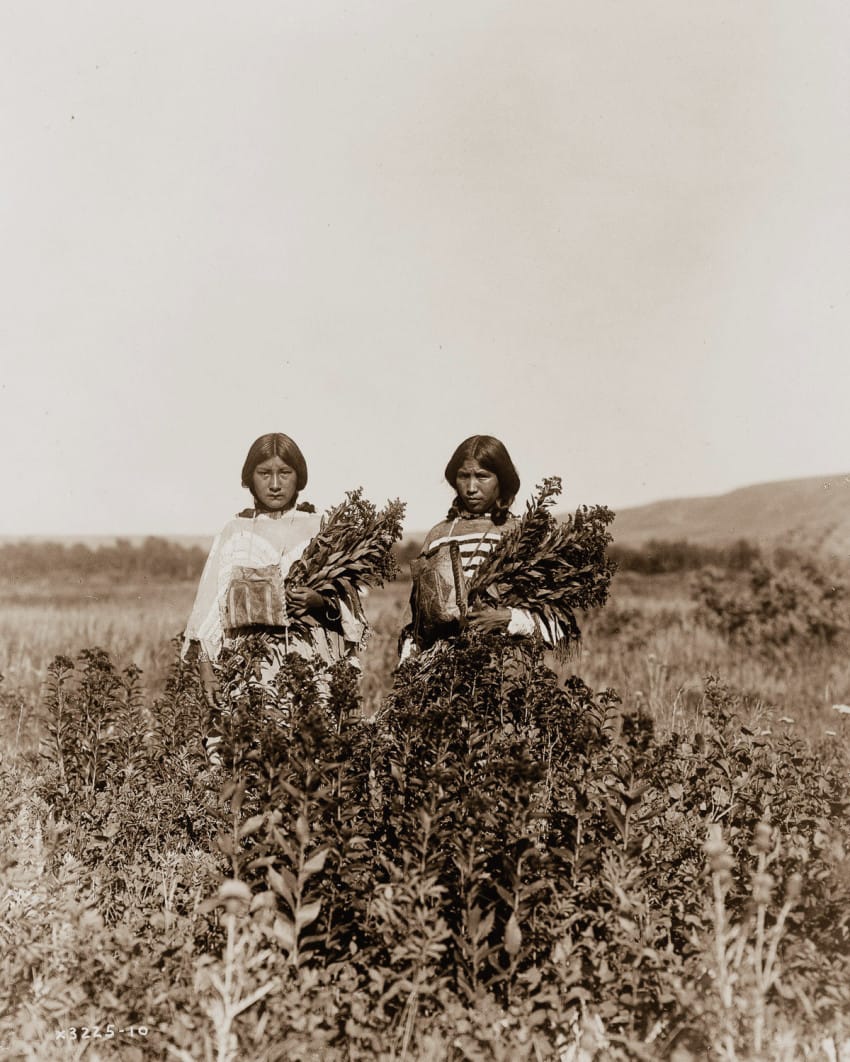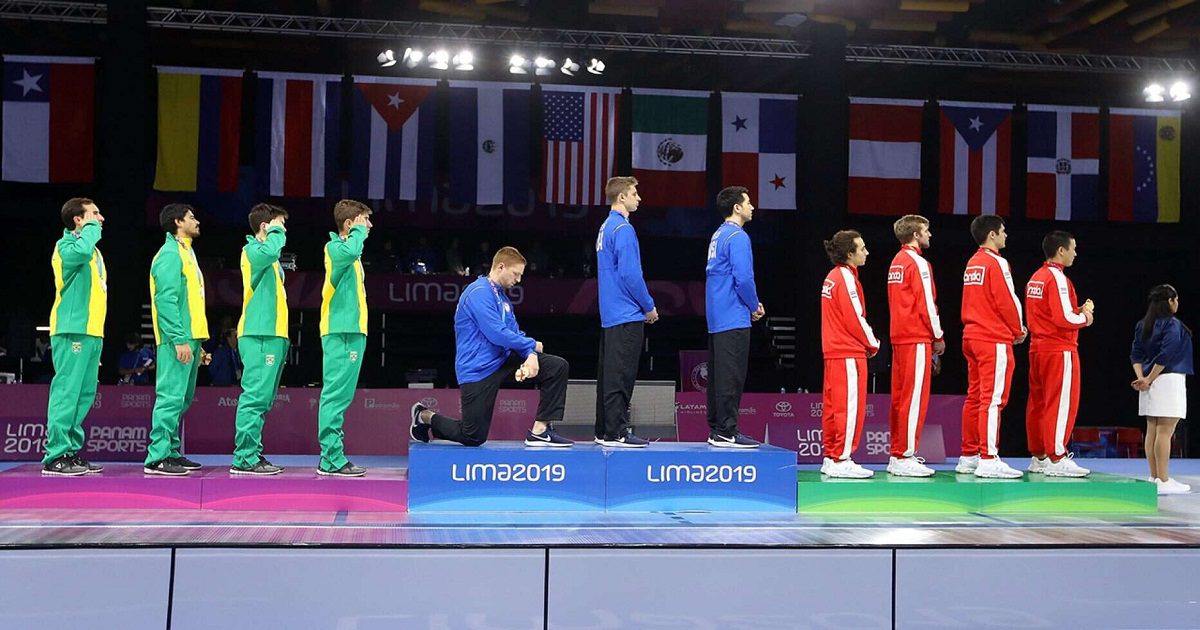Edward S. Curtis was a renowned American ethnologist and photographer of the American West and Native American people.
During his life, he took an astonishing amount of pictures of the wild American landscape, retaining a record that would give future generations a glimpse into a remarkable period of the country’s history.
Starting in 1906, Curtis spent over two decades traveling across North America, tracing the footsteps of over 80 Native American tribes, in an attempt to document the indigenous people.
His series of amazing photographs, ultimately titled The North American Indian, exists today as priceless works of art, and as one of the most breathtaking visual collections in the country.
Below, we share a few of the photographs from Curtis’ collection that, although captured in black-and-white, really transports us back to that time, and back to that beautiful wild landscape, just like these unbelievable Great Depression–era photos did.
Scroll down to view these incredible photographs, and let us know your thoughts in the comments below!
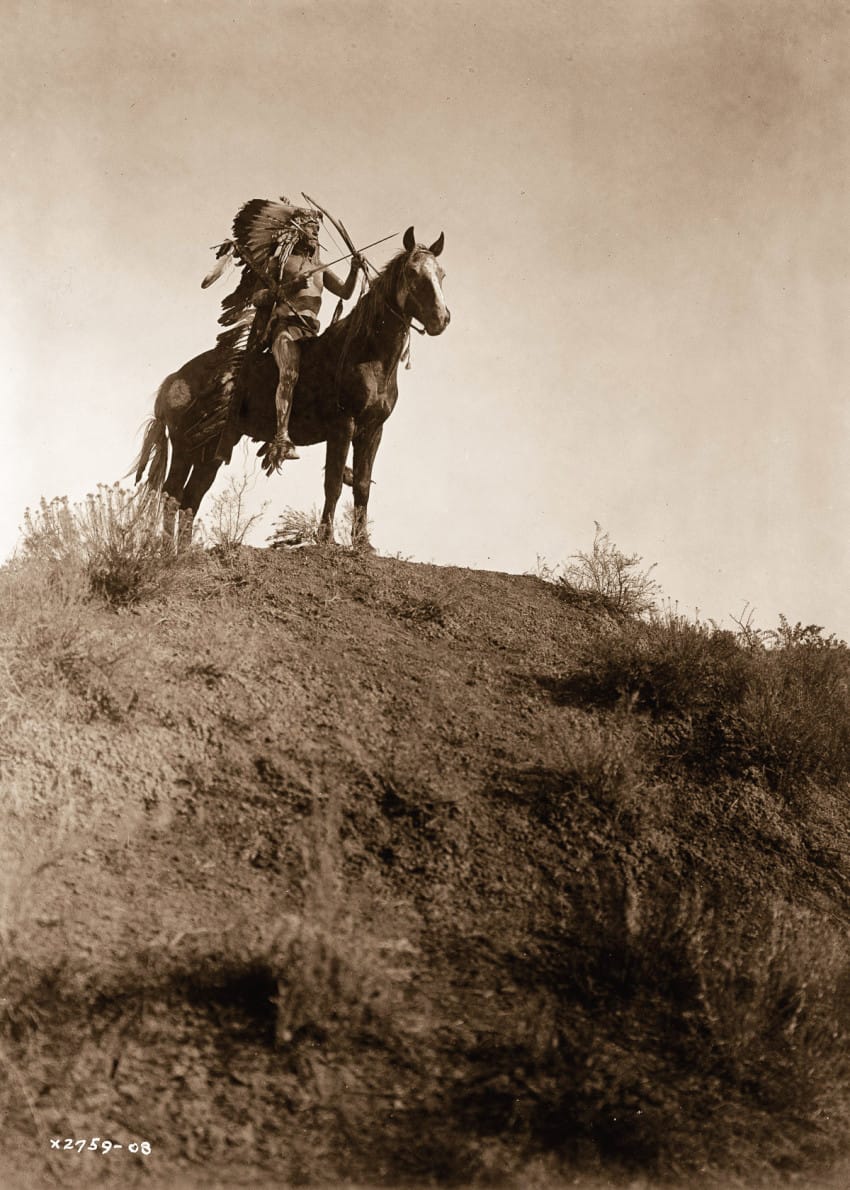
Man of the Crow tribe on horseback, in 1908.
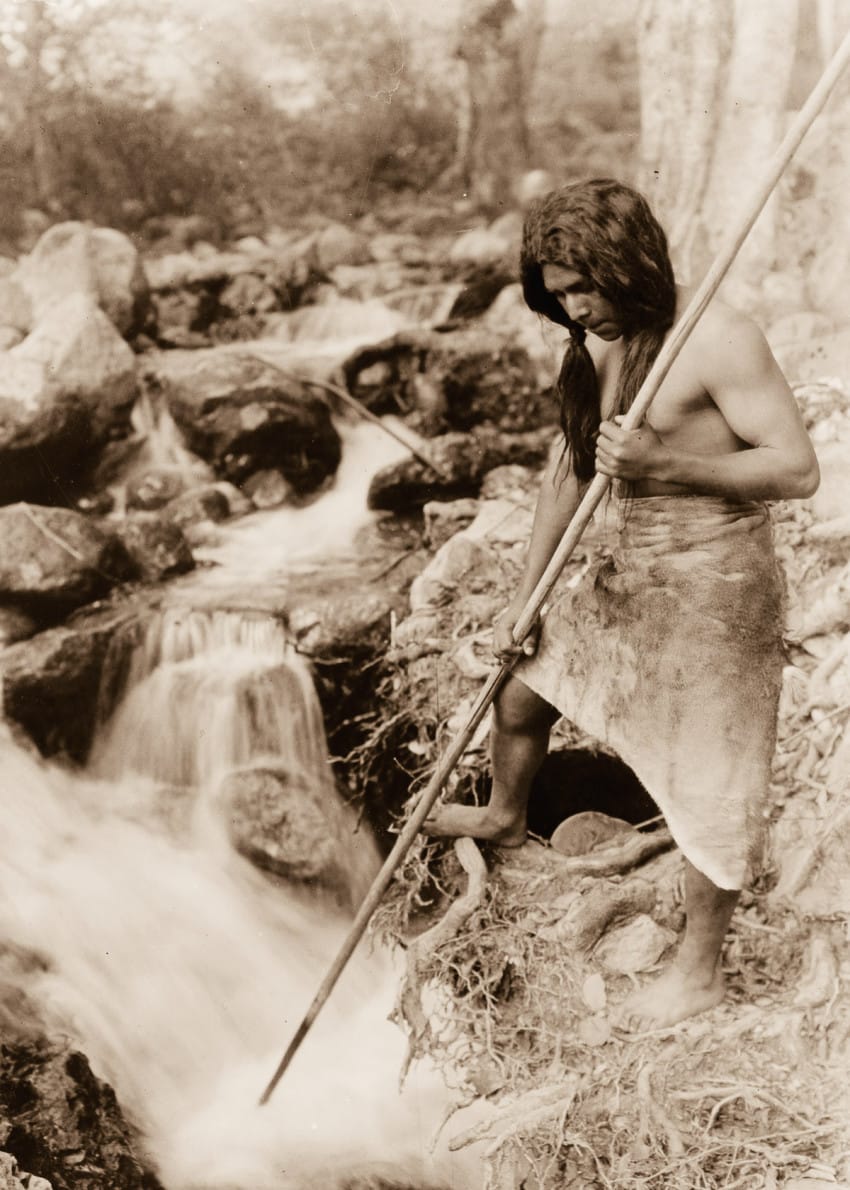
Hupa spear fisherman watches for salmon, in 1923.
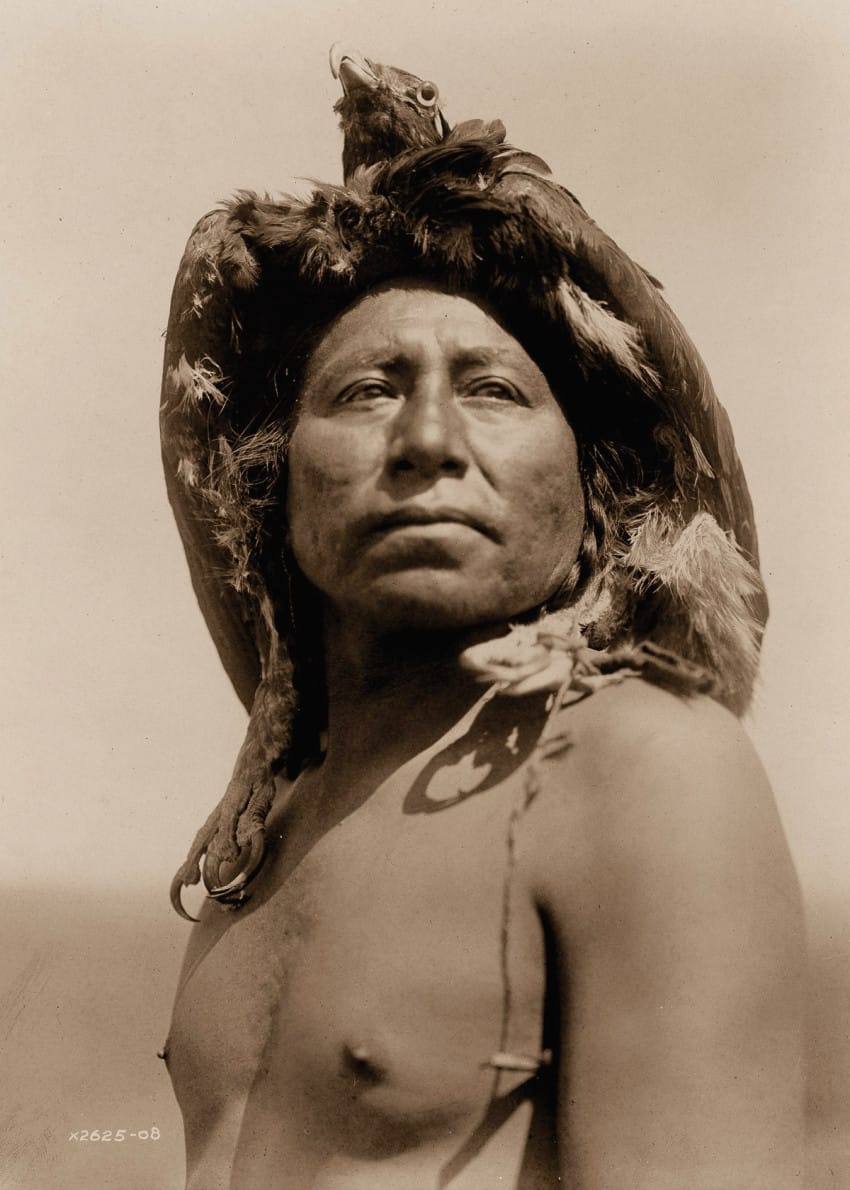
An Apsaroke shaman, in 1908.
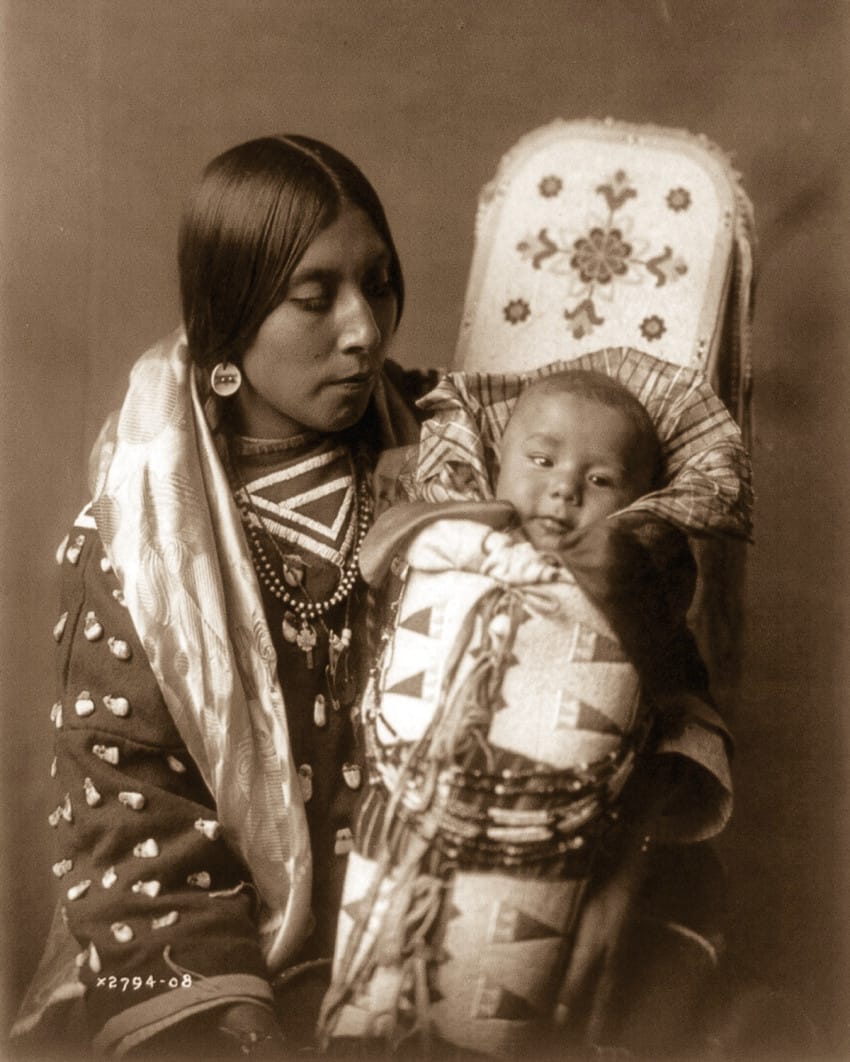
A mother and child of the Crow tribe, in 1908.
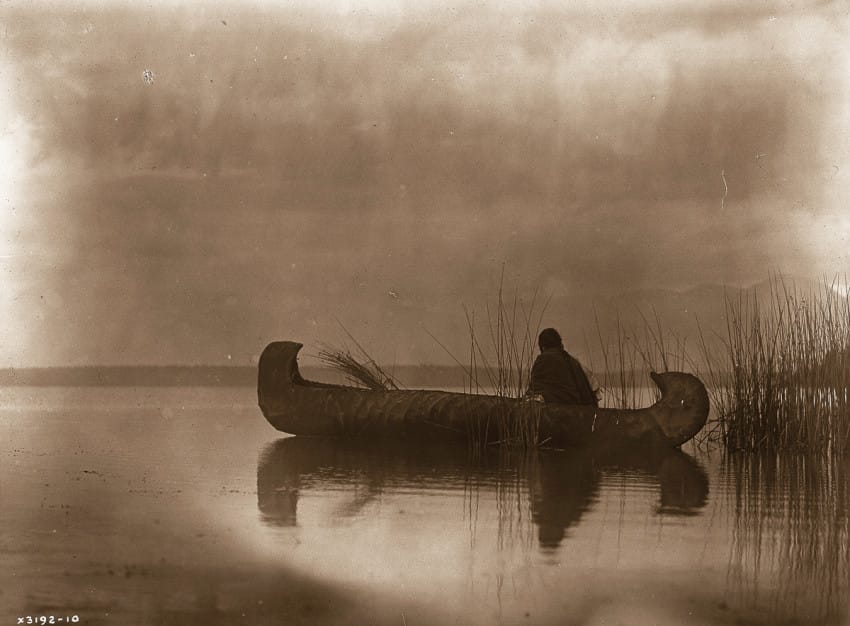
A Kutenai duck hunter, in 1910.
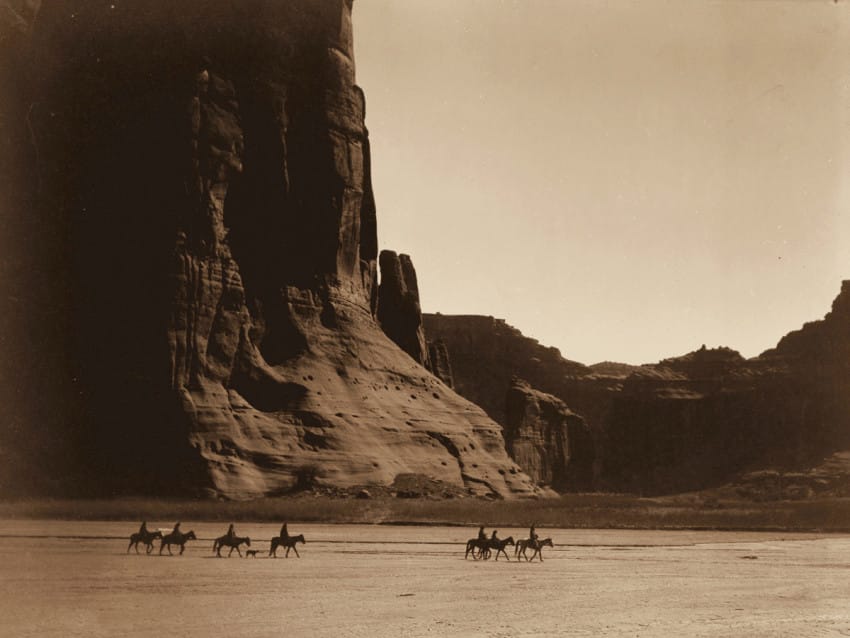
Group of men of the Navajo tribe in the Canyon de Chelly, Arizona, in 1904.
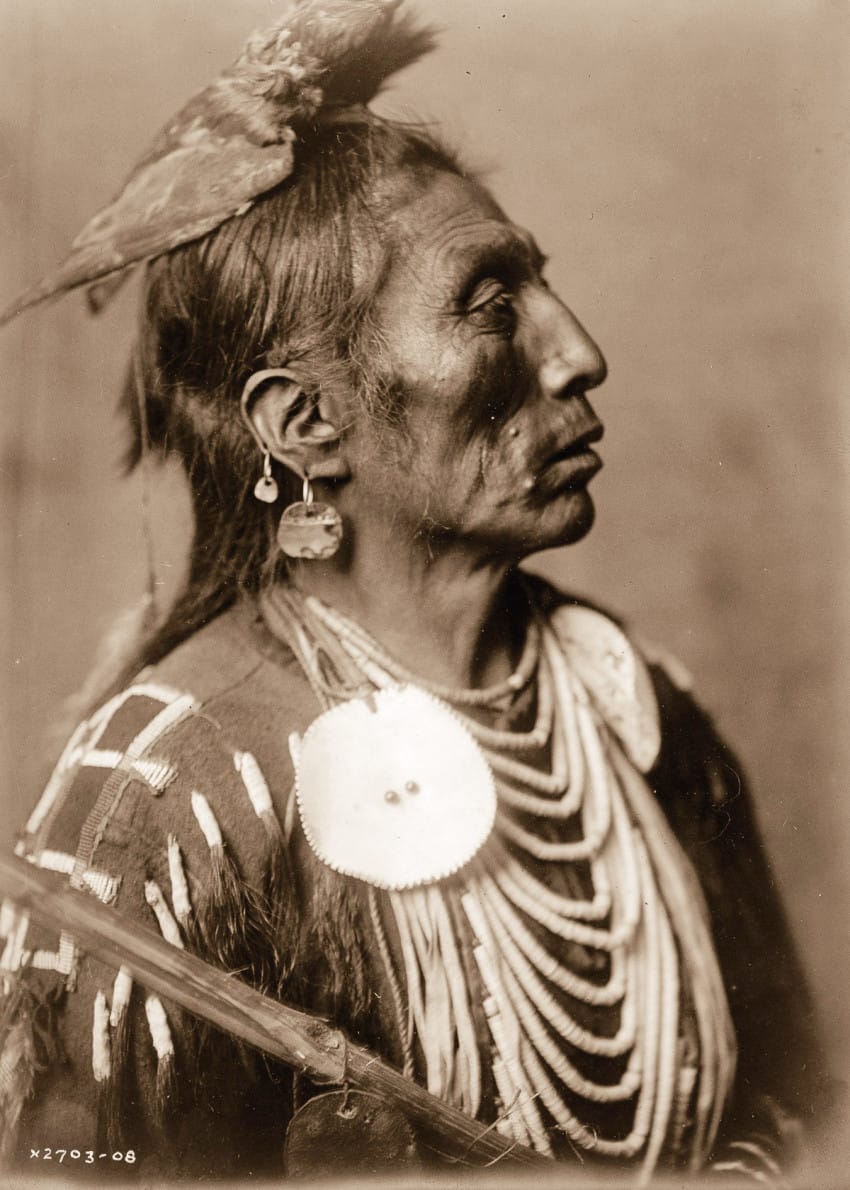
Medicine Crow, of the Apsaroke tribe, in 1908.
Two Piegan girls gather the goldenrod plant, in 1910.
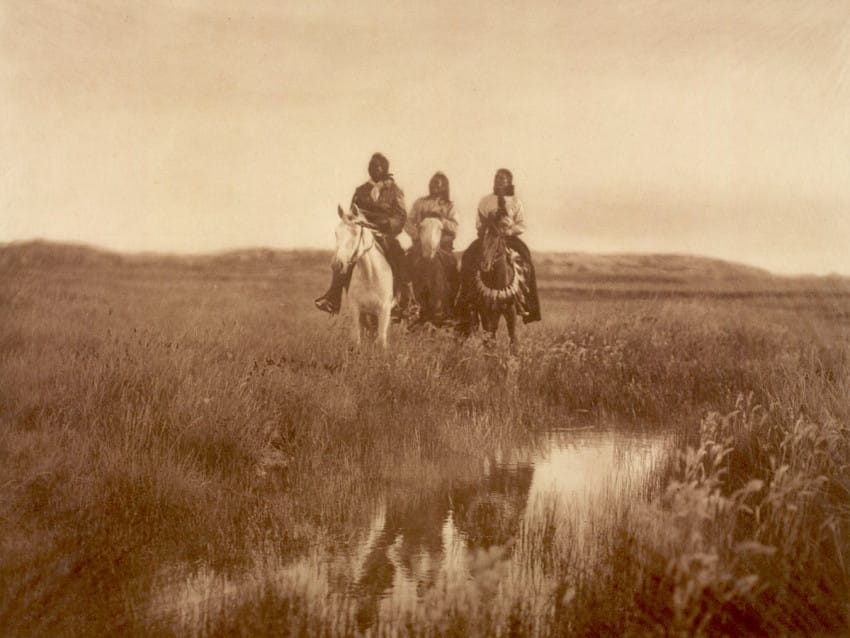
Piegan chiefs, in 1900.
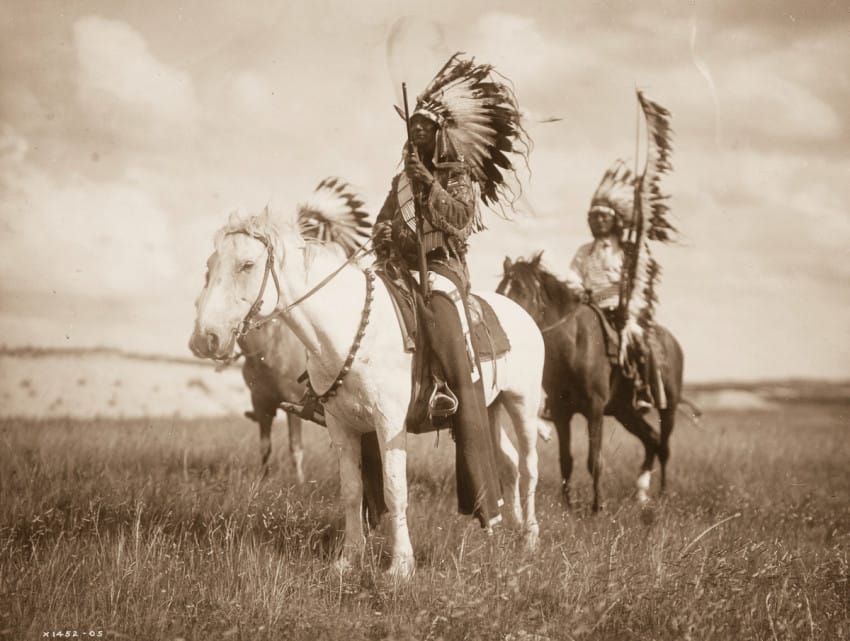
Sioux chiefs, in 1905.
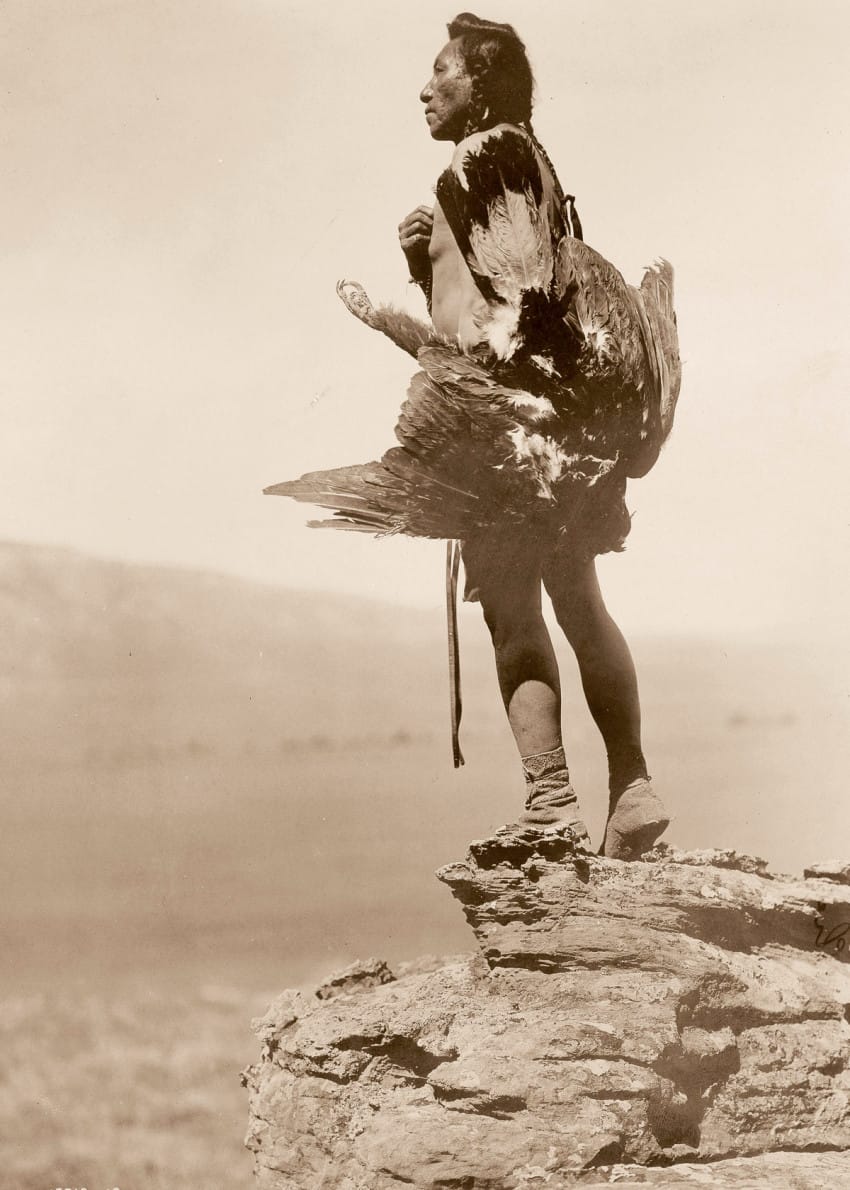
A Hidatsa man with an eagle, in 1908.
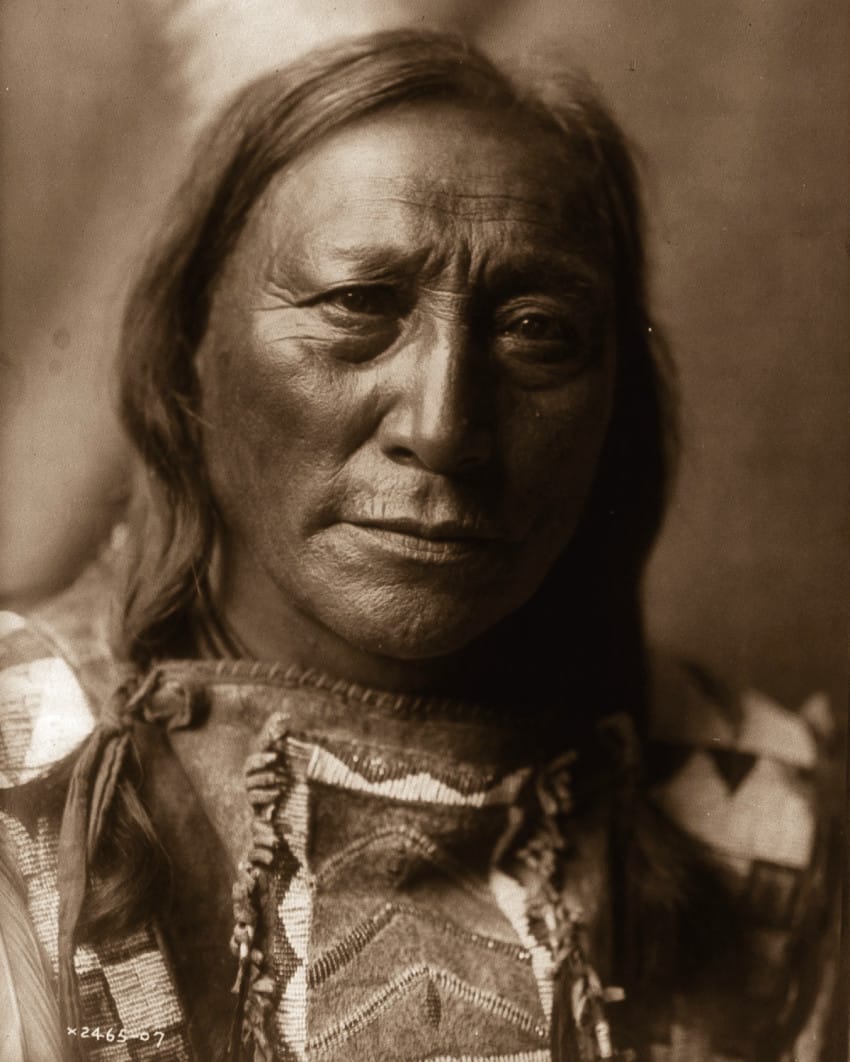
Hollow Horn Bear, a Brulé man, in 1907.
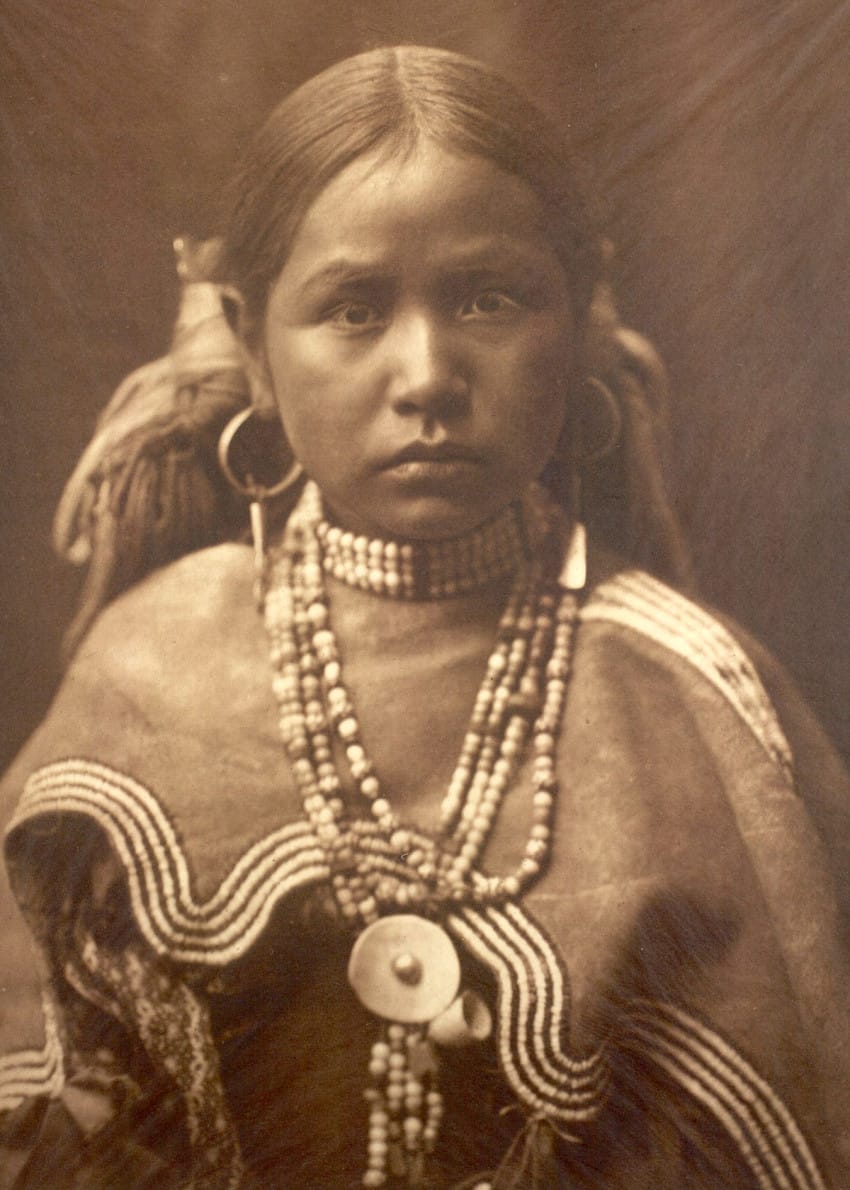
A girl of the Jicarrilla Apache people, in 1910.
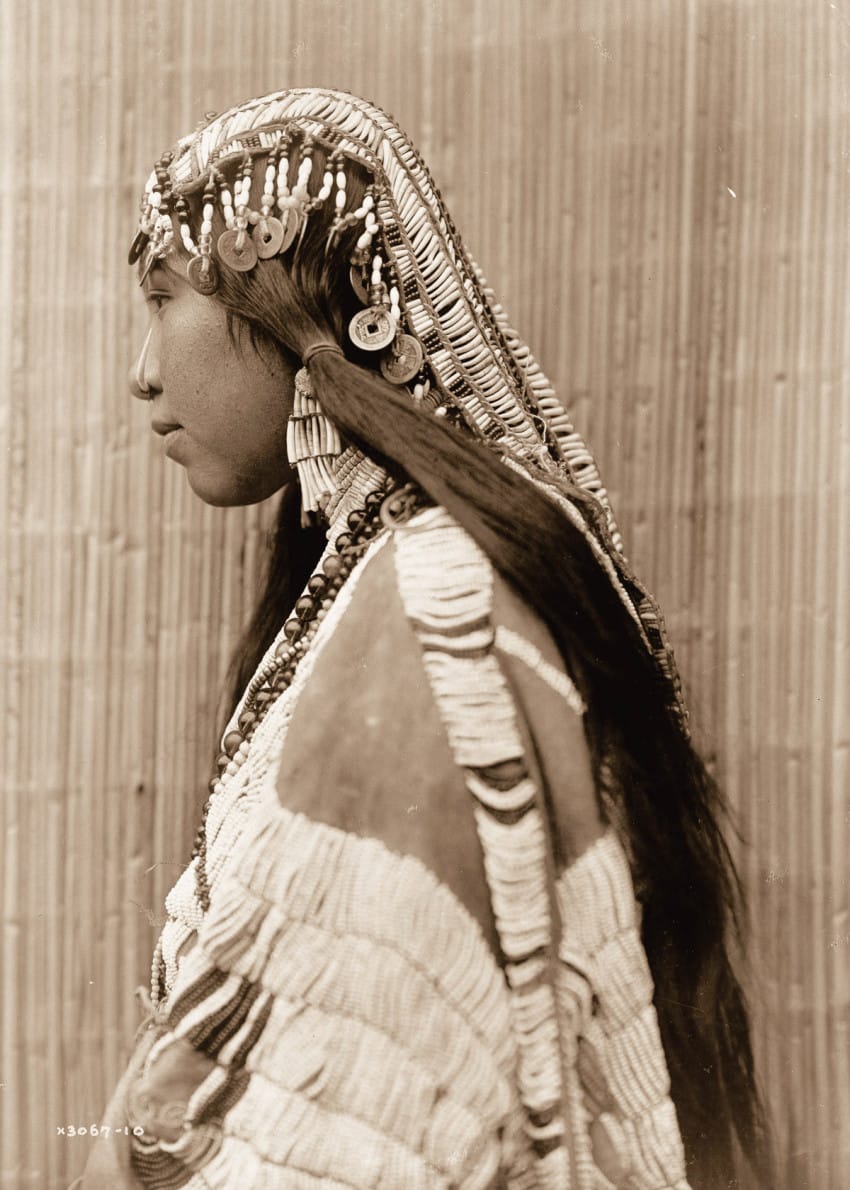
A girl of the Wishran tribe, in 1910.
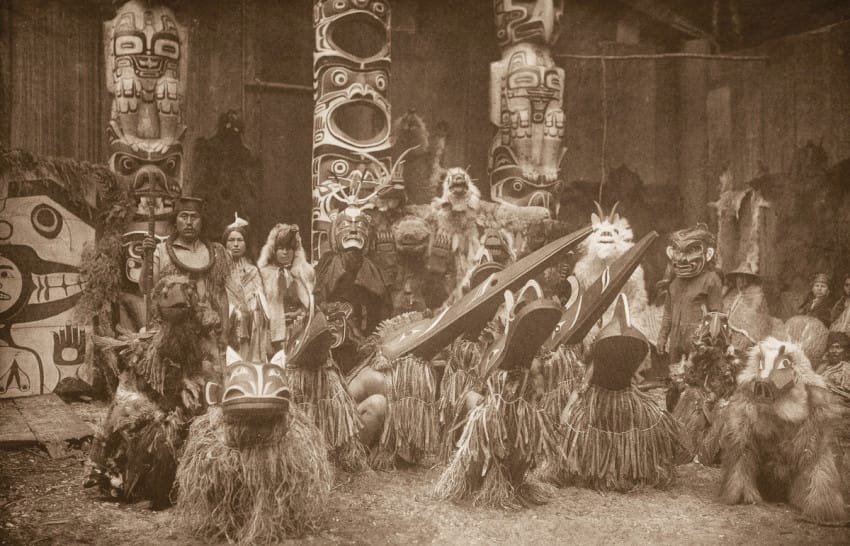
Dancers of the Qagyuhl tribe, in 1914.
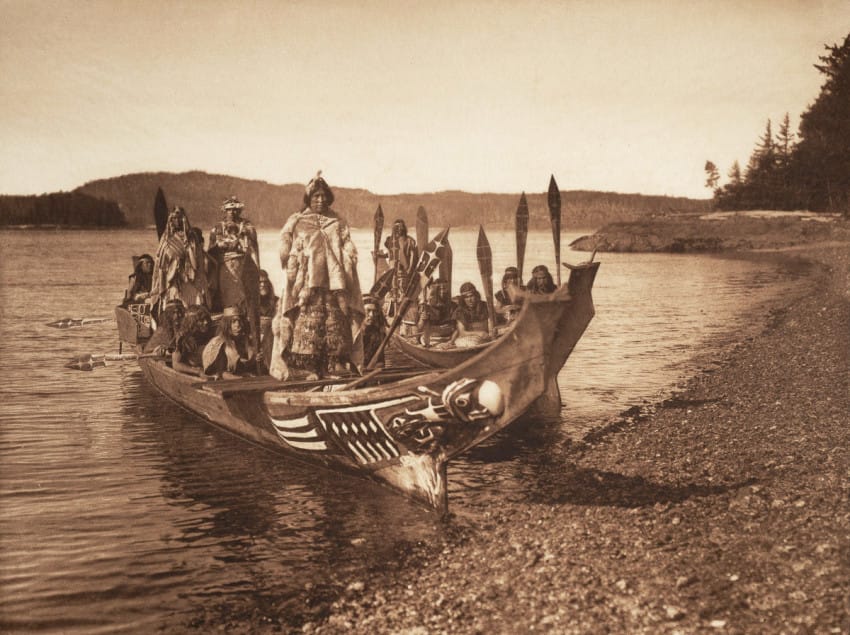
A Kwakiutwl wedding party arrives on shore in canoes, in 1914.
If you know someone who might like this, please click “Share!”
